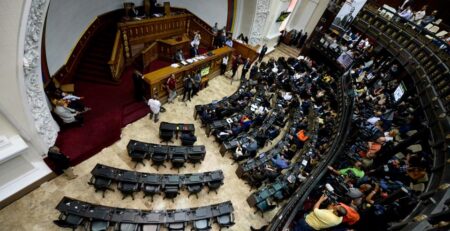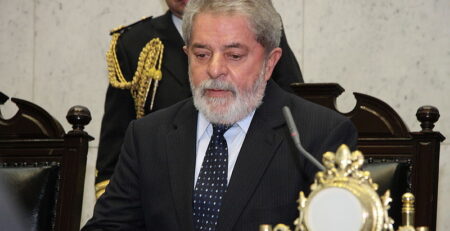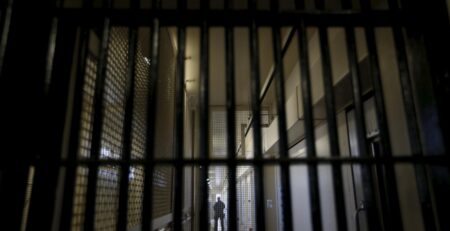Pensioners struggling to survive join Chile protests
Seventy-seven-year-old María Gonzalez is tired of waking up, Monday to Friday, to sell toilet paper in the Chilean capital. Her meager $146 monthly pension puts her below the poverty line, which in Chile is around $222 a month.
“I feel tired. Honestly, I’m exhausted. These last 15 days that I have been at home, I slept and ate,” Gonzalez told The Associated Press after protests shut down public transport and made it impossible for her to reach the city to sell.
What started on Oct. 18 as a student protest over a modest subway fare hike has ballooned into a massive, mostly peaceful social uprising that continues to consume Chile. Those early days were marked by attacks across Santiago’s subway that rendered public transit nonexistent. Looting of grocery stores and pharmacies also broke out. The chaos meant that thousands of people couldn’t get to work.
The protests include struggling retirees as well as others seeking better salaries, subsidized housing, a decrease in the cost of medicine and a new constitution. Many also want to overhaul a dictatorship-era private pension system that is widely criticized in a country with a rapidly aging population.
More than 1.2-million Chileans receive a pension that is less than $216 a month, well below the minimum salary of $400. Like Gonzalez, many retirees need to work in the informal sector to make ends meet.
She sells big toilet paper rolls for offices, and paper towels. “Sometimes I’m left with everything… but when I sell, I earn 5,000 to 6,000 pesos (the equivalent of $7 or $8),” she said.
“With that money, I can charge my phone, buy bread, buy some chicken.”
On an unusually good month, she can earn $160 this way, helping cover living expenses and her $133 rent in the impoverished settlement of Cerro Navia on the outskirts of Santiago.
She says without that extra income, she would be living off the cold bread, powdered milk and soup that the state’s health system provides for the elderly who live in poverty.
“I’m always eating beans, chickpeas,” she said. “For example, today I didn’t go to the grocery store and I’m living off my breakfast, which was milk, tea, and a pastry that cost 1,300 pesos ($1.70).”
The limitations of her life are visible in other ways.
“I don’t have a heater, I don’t have anything. … I’m sleeping on a cot someone gave me. I don’t have enough to buy a bed,” said Gonzalez, who lives alone. “One day I sat down and I figured out I spend more than 500,000 pesos ($660) a year just on transportation.”
It costs Gonzalez $42 a month to take public transportation twice a day. That’s 29% of the pension received by the poorest in society. And while a middle class household of two spends roughly $28 a month on electricity, $21 on water and $45 on gas, the cost of a basic basket of food costs, according to the government, about $58.
In 1981, during the dictatorship of Augusto Pinochet, Chile enacted a pension system that requires all workers to allocate 10% of their earnings to privately run pension fund administrators, known by their Spanish initials of AFP. Those who haven’t made contributions, or have very few, receive a basic pension from the state that amounts to $146 a month. That minimum wasn’t introduced until 2008 under the government of Michelle Bachelet, and later modified in response to public demands.
Read More @wtop










